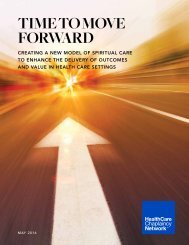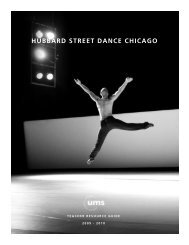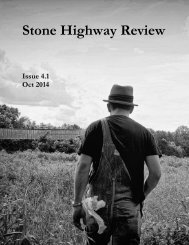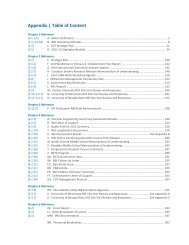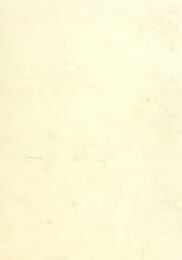Fries
Fries
Fries
You also want an ePaper? Increase the reach of your titles
YUMPU automatically turns print PDFs into web optimized ePapers that Google loves.
Charles C. <strong>Fries</strong>, linguistics and corpus linguistics3 Evaluation and implicationsLet me now turn to comment on a few aspects of <strong>Fries</strong>’s work.3.1 Context of use and register<strong>Fries</strong> had no formal notion of register. Of course he knew that we change ourlanguage as we engage in different activities. And indeed, when he comparedStandard English with Vulgar English in his American English grammar it wasimportant to him, as he chose his data, that the writers of the letters be engagingin the same sorts of activities. <strong>Fries</strong> (1925: 987–988) states this idea explicitly inhis study of the usage of shall and will:But one type of literature is here used to permit the maximum use ofcomparisons both of statistics and of instances. Because of the fact thatthe numerical distributions of the uses of the various grammatical personsdiffers in the several types of literature, statistics to be comparablemust be from the same type.In his description of the data used in his American English grammar (1940: 28)<strong>Fries</strong> assumes the restrictions inherent in letters written to the war departmentconcerning social services, and focusses on the variety inherent in the letters:The correspondence must cover a wide range of topics. The materialhere used was largely made up of intimate descriptions of home conditions(family activities, family needs, domestic troubles, financial difficultiessickness, ambitions, accidents) all offered as reasons forappeals of one kind or another. This material was limited, however, bythe fact that all the letters were very serious in tone. Nowhere wasthere anything of a light or humorous feeling.Despite a strong practical sense of language variation associated with the purposesit is being used to achieve, <strong>Fries</strong>’s intuitive knowledge of register variationnever was expressed (so far as I have noticed) in his theoretical statements,and indeed one can criticise him for choosing data sources that do not representthe range of language available. For example, his data for the study of yes-noquestions were taken from episodes of What’s my Line, a TV show which wasorganized in such a way that panelists asked yes-no questions of a contestant.Each panelist was able to keep asking questions provided they received a ‘yes’answer, but the minute a ‘no’ answer was received a different panelist wouldbegin to ask questions. In retrospect, this fact could have skewed the data in thatit is quite possible that questioners who had a theory of the contestant’s profes-107



